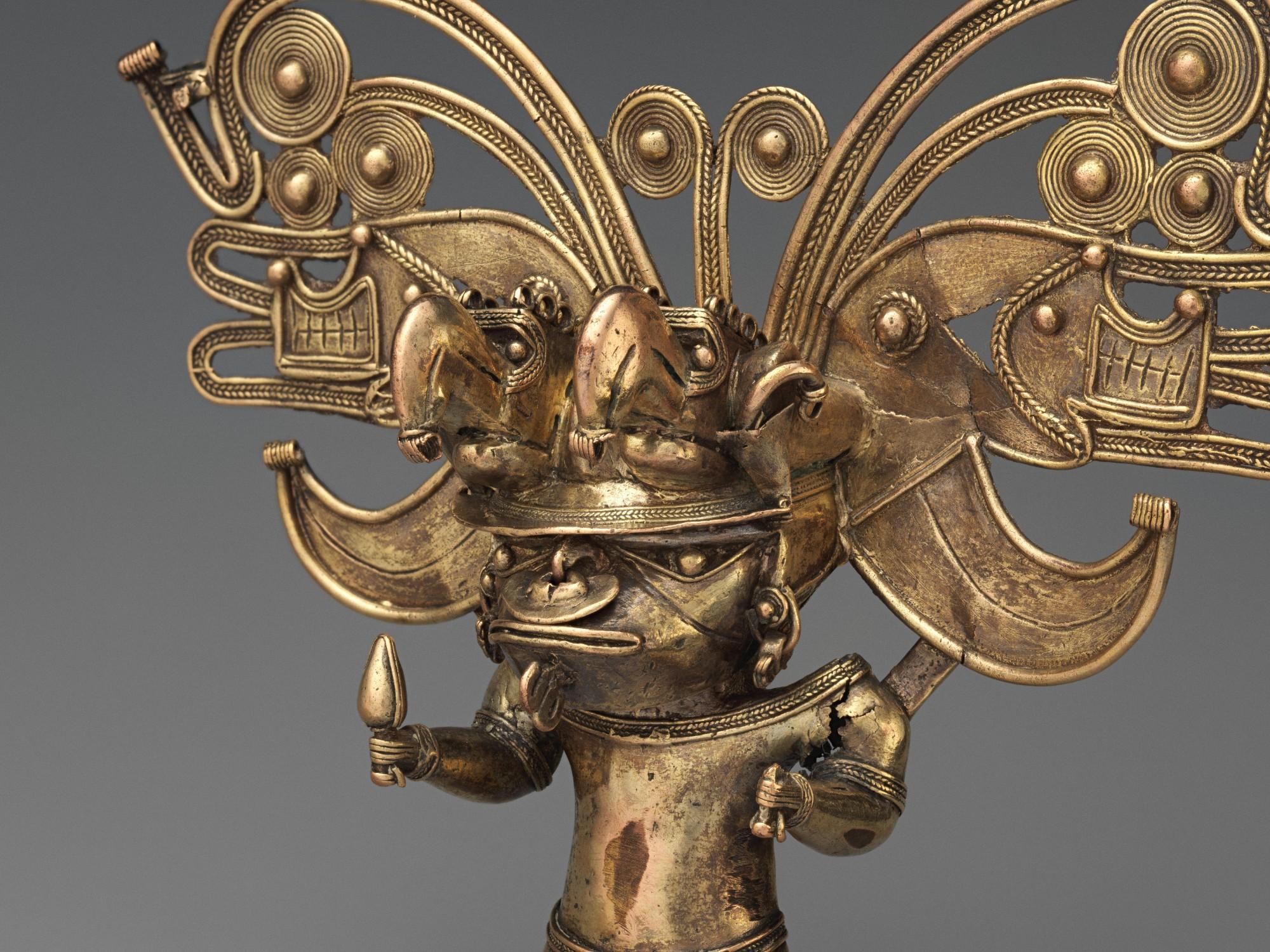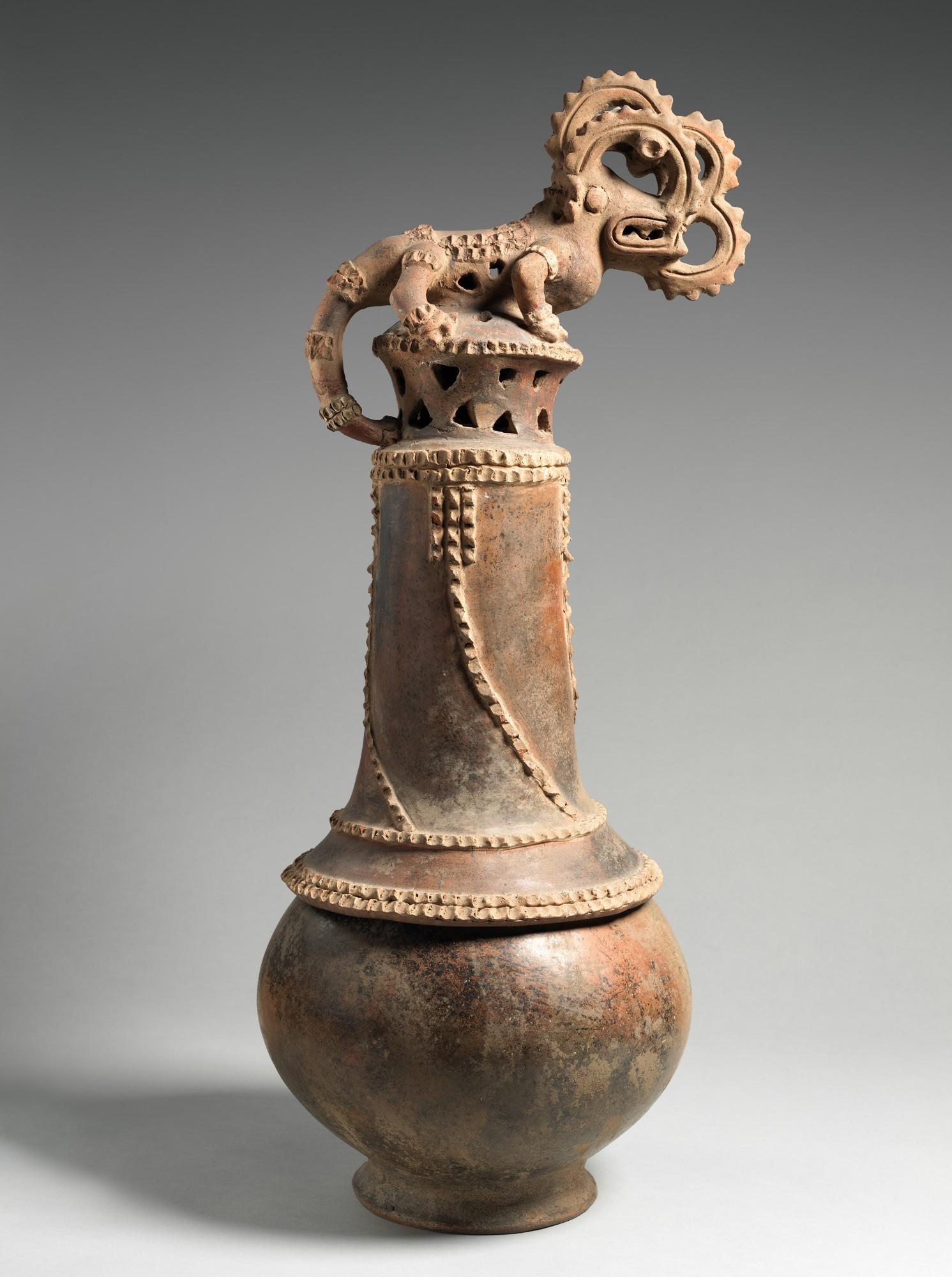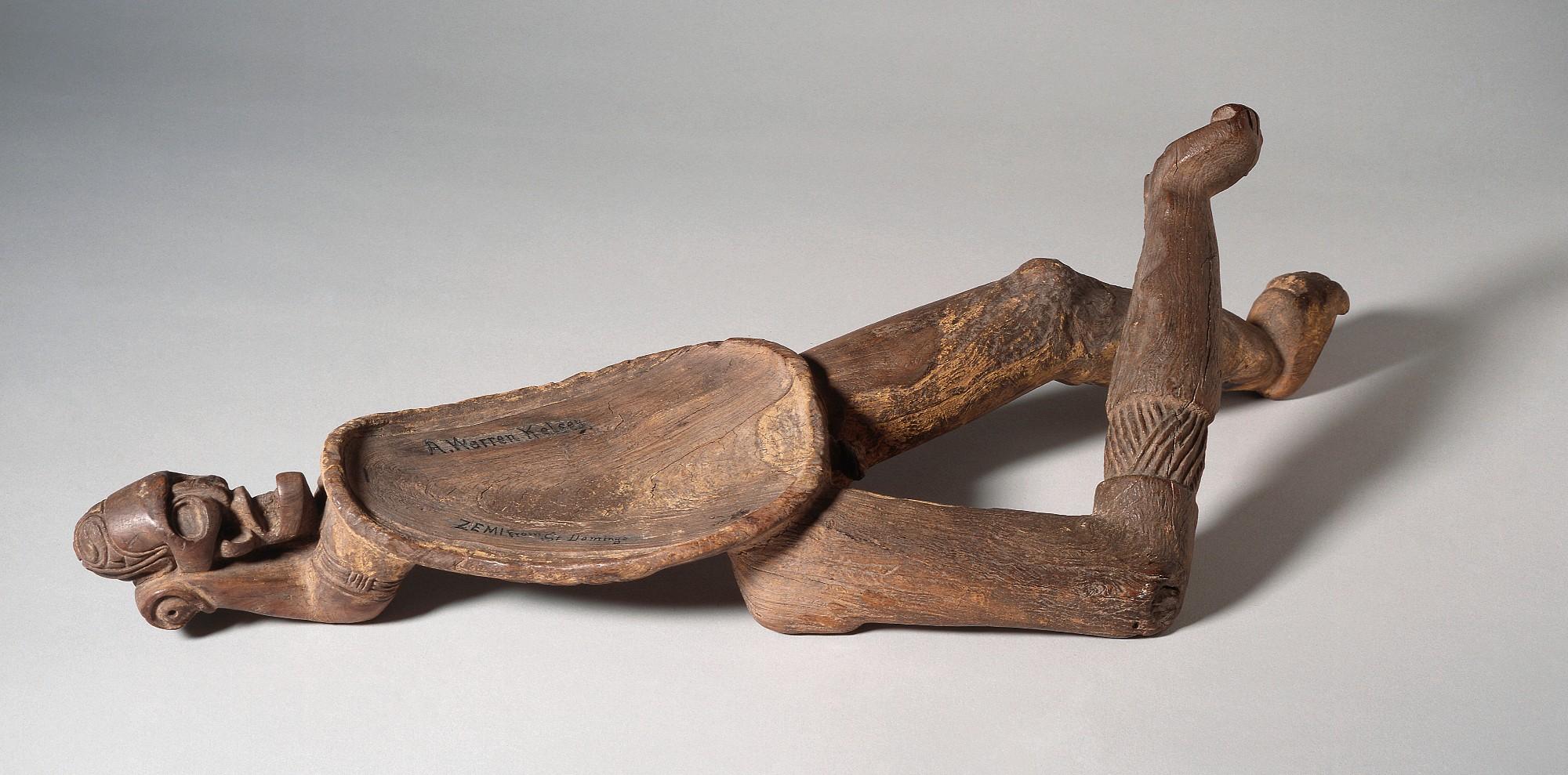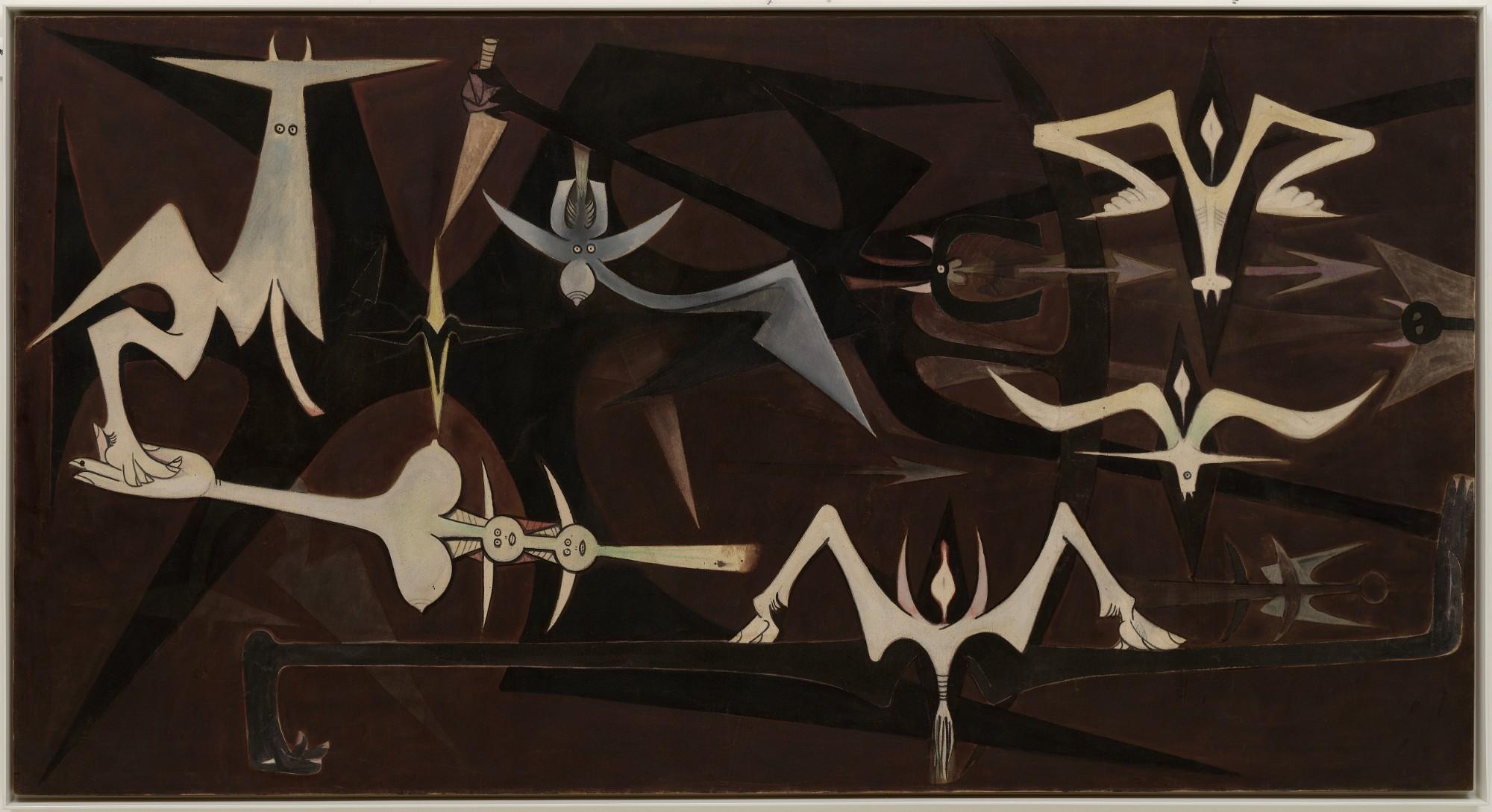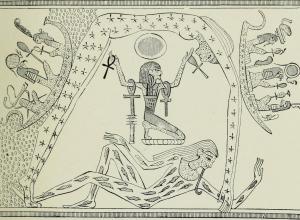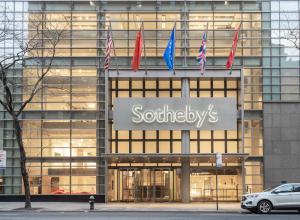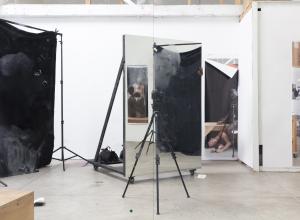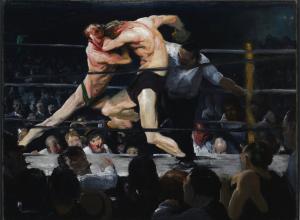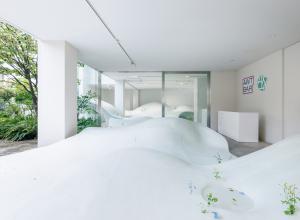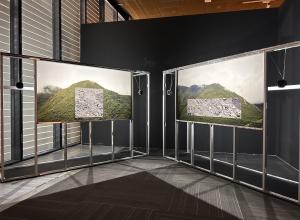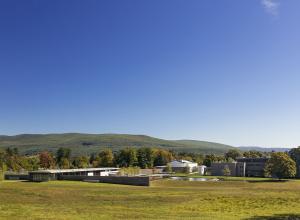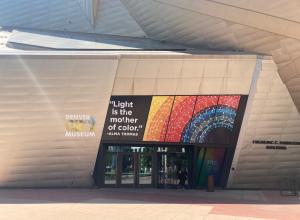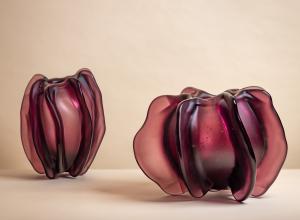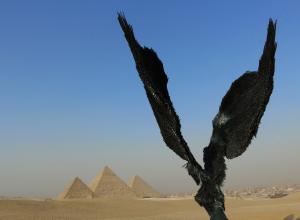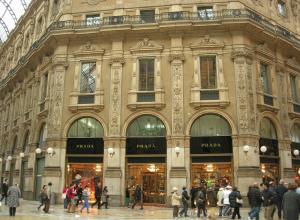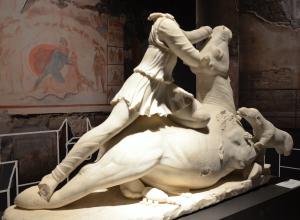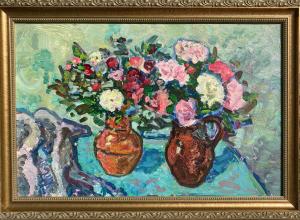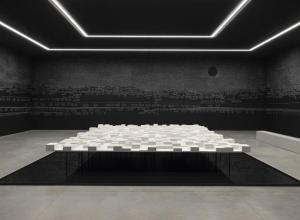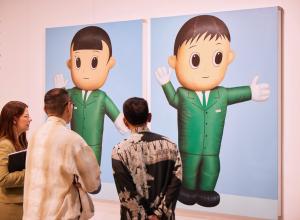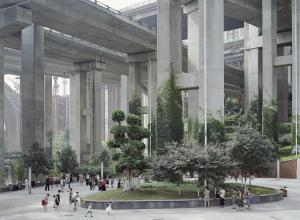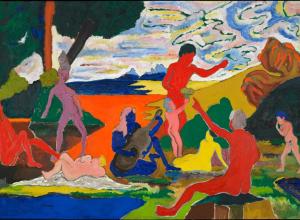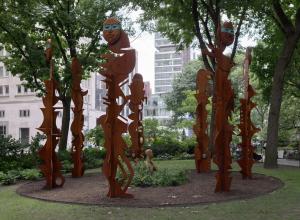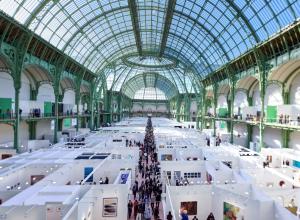“Early Caribbean civilizations developed a rich cultural legacy that was fueled by the interplay of ideas and influences across the region,” said Max Hollein, the Director of The Met. “This exhibition celebrates the artistic traditions of these ancestral communities while honoring the enduring power of the objects.”
Organized into three primary sections focused on ritual knowledge, ceremonial performance, and political power, Arte del mar (art of/from the sea) will highlight the sculptural achievements of the diverse island societies known today as the Taínos. Featured works on view include four rare wooden sculptures, such as the 10th- to 11th-century Deity Figure (Zemí) from The Met collection, a masterpiece that intertwines spirituality, ceremony, and politics. Another spectacular wooden figure from the 14th century, on loan from the Saint Louis Art Museum, illustrates how special trees inspired sculptors to reveal specific deity or ancestor forms in collaboration with leaders and ritual specialists. An exceptional group of three-pointed stones (trigonolitos), on loan from the Smithsonian Institution, National Museum of Natural History, highlights the extraordinary range of materials and imagery used by Taino sculptors to create spiritually charged ritual objects.




